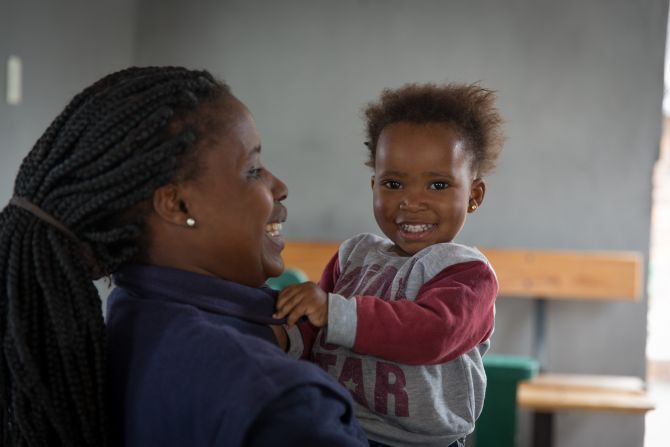

Press Release
Governments announce increased financial support to the global AIDS response
22 June 2022 22 June 2022Geneva, 22 June 2022—Addressing the UNAIDS Programme Coordination Board, governments have begun to pledge new investments to advance the end of AIDS.
The United Kingdom and Germany were among those pledging increased resources to support the work of UNAIDS, the United Nations Joint Programme on HIV/AIDS.
The UK will increase funding to UNAIDS to £8 million per year, up from £2.5 million in 2021. The UK emphasised the importance of sufficient, predictable and timely funding towards enabling UNAIDS to deliver on its mandate.
Germany will increase its funding to UNAIDS this year to 6 million euros, up from 5 million euros before, in commendation of UNAIDS for its work to help maintaining HIV and other health services in conflict situations around the world, including in Ukraine and its neighbouring countries.
UNAIDS is the United Nation’s only Joint Programme, a unique model that brings together UNICEF, UNESCO, UN Women, UNHCR, World Food Programme, UNDP, UNFPA, UNODC, ILO, the World Bank and the World Health Organization. In this way, UNAIDS combines the range of technical expertise, cross-sectoral work and political reach that is needed to end the AIDS pandemic.
Crucially, UNAIDS structure also includes the populations most affected by HIV as an integral part of its activities and governance, so that those most affected by HIV are central to the global response.
The funding levels from all donors last year, 2021, are set out in the online UNAIDS Results and Transparency portal.
The new resources committed by governments are an important step forward in taking forward the world’s efforts to end AIDS. In the past few years, reductions in funding for HIV have risked setting back the AIDS response.
The new announcements of increases could signal the start of new momentum to fill critical funding gaps.
Speaking about the forthcoming seventh replenishment conference, Global Fund Executive Director Peter Sands noted that “to enable the Global Fund to deliver on its objectives we need the full replenishment and we also need UNAIDS to be fully funded. We cannot do it without more money. We cannot magic our way to a better outcome without stepping up resources.”
At the opening of the PCB meeting, UNAIDS Executive Director Winnie Byanyima highlighted the severe strain that underfunding had brought to the AIDS response. She reiterated strong, predictable funding is essential for saving lives and ending the pandemic: “It is far more expensive to not end the AIDS pandemic than to end it.” She reminded delegates what was at stake: “Hundreds of thousands of deaths and millions of new infections, all preventable. The end of the AIDS pandemic at the end of this decade versus an AIDS pandemic that draws on and on.”
Kenya, representing the Africa group, highlighted that countries around the world rely on UNAIDS in order for them to be able to reach the end of AIDS. The Canada constituency remarked that “You at UNAIDS are small but mighty. The foundation you lay for the HIV response is in the data you collect, the expertise and passion of your staff, and the courage of the Secretariat to call out human rights violations.” The Asia Pacific NGO delegation highlighted the importance of including people living with HIV in the Joint Progamme and urged donors to ensure it is fully funded. UNICEF Executive Director Catherine Russell warned delegates that earlier cuts in funding were constraining the ability of the 11 agencies to respond to HIV as needed.
The HIV pandemic is a crisis that claims a life every minute. But it can be ended by 2030 if countries work together to tackle inequalities and are bold in their actions and their investments. The actions needed to end AIDS will help protect the health and rights of everyone, strengthen economic development, and leave the world better prepared for future pandemic risks.
